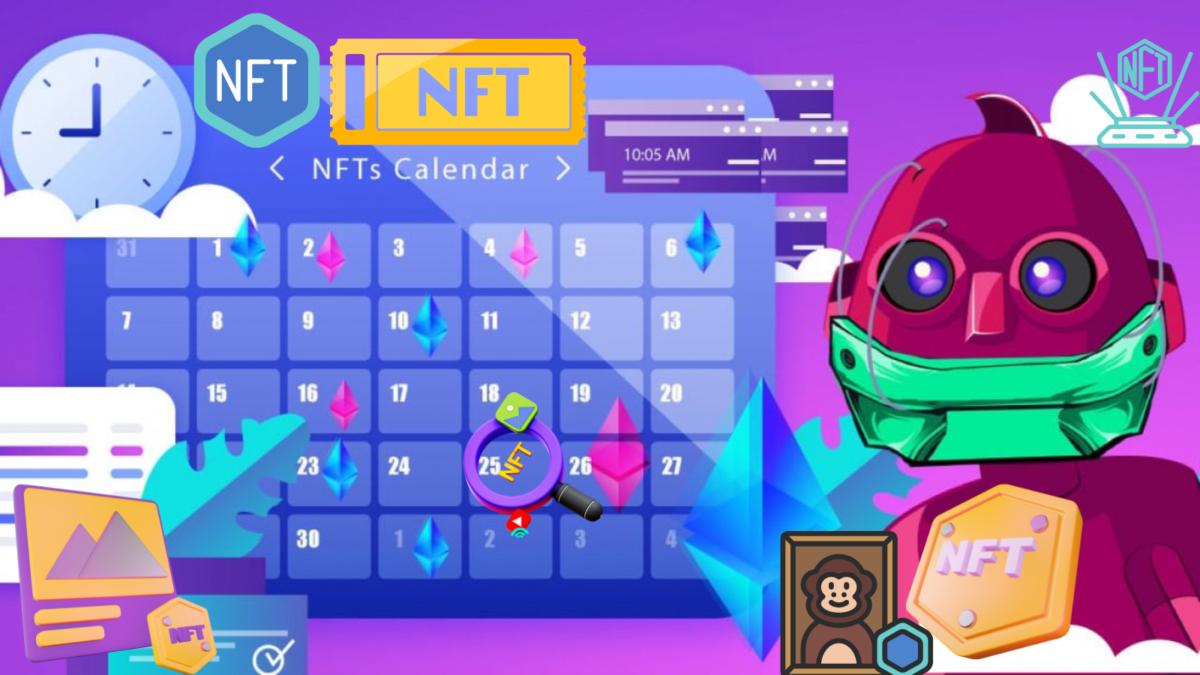A username serves as an identification, the foundation for a unique digital identity that represents all our actions within web2 and web3. It’s connected to our personal information and private data, and major internet personalities are wholly constituted by their username.
We know many of our favorite influencers, content creators, and streamers through their username rather than their IRL name. Essentially, a username is our internet name.
With the advent of web3, owning a username becomes more important than ever. How do you secure a username in both web2 and web3, where everything is decentralized?
Nametag, the evolution of usernames, seeks to bridge the gap between web2 and web3 internet identities. I interviewed Christian from Nametag’s team, their community manager. Here are the main takeaways from Nametag:
What is Nametag?
Nametag is a universal username secure in the blockchain. They seek to become the standard naming service of the Internet.
Usernames serve as an identifier in many gaming, social and digital platforms, yet they have the downside of being tied to specific platforms. This means that, as explained by Nametag’s article, their value is connected to the platform it exists on. Considering there’s no guarantee of any platform’s long-term sticking power, their value depends on how much that platform can remain active.
Nametag is an ERC-721 project where users can mint, trade, and store uniquely-named NFTs within a universal username. Their long-term goal is to allow any platform to provide Nametag support, with users being able to display their Nametags alongside native platform handles and view others’ Nametags.
What are the benefits of using Nametag?
Some of the benefits of using a name tag are that we can bring the useful web3 things to the existing platforms we use today in web2.
Right now, due to the prevalence of web2 social media platforms, users would instead use Twitter or Clubhouse than Decentraland or The Sandbox to host a meeting with many people. If a content creator goes live, they’d instead use Instagram Live and Twitch rather than crypto spaces.
There’s a thriving digital world in web3, but people still use web2 for communication. People can leverage the cool things such as your NFT gallery, PFP verification, and sending crypto (web3) but bring them to the platforms you use today in web2.
Nametag has integration in Twitter, Discord, and soon-to-be Twitch. The product is also cross-chain, showing NFTs from Ethereum and Solana. They also want to bring Polygon, Tezos, and Counterparty to their protocol.
Soon, the Nametag user will be able to use NFTs on most mainstream chains and show all your NFTs in one place. They can use it with many wallets.
You might have a hot wallet, but your treasures could be stored in a cold wallet. Nametag allows you to support multiple wallets per name tag.
What does Nametag allow you to do?
Nametag allows you to own your username. A username could be a simple string of text for many, but it serves as your internet identity, as a digital social security number.
With Nametag, you claim this text string as your own for use on both web2 and web3. The provable username ownership is layer 0.
Nametag is the place that connects all of the information from web2, such as your TikTok, Twitch, Xbox, and other social media handles, and links them with everything on web3. Nametag is the future of usernames. It secures the digital identity that encompasses a digital user on multiple platforms. They express it in numerous ways, such as artists who share their content on platforms like Pinterest, Medium, Tumblr, or Twitter.
Your name tag becomes synonymous with your internet identity, the intermediary that links everything.
Is Nametag the future of usernames?
Nametag can solve a fundamental problem all web2 platforms overlook. Nearly all web2 platforms state that usernames are nothing more than a string of text and don’t owe users any protection or liabilities regarding their use.
A casual social media user wouldn’t find this too problematic. Still, someone who finds a sense of identity with their social media handles will find it crucial to be known with the same username wherever they go.
It fits within web3’s decentralized motto that gives the power back to the netizen.
How has the public’s reaction been towards Nametag?
Nametag’s public reaction has been largely positive, with many project fans expressing excitement towards future development. The NFT space moves at such speeds that users might create unrealistic expectations of features and bonuses that have to be out every other day.
Any NFT project that can keep up with that hype and speed will have tremendous success. However, on projects that want to deliver quality protocols meant to exist for a long time, the developing team might take longer to produce these features. The nametag community loves the product.
Overall, people enjoy the service and enjoy being part of the community, primarily since Christian promotes fun and lighthearted approaches to the NFT space. In those events, every Wednesday, he hosts a nametag space jam, a Twitter space where you can win a free name tag, and the topics change every week.
What other NFT projects have you collaborated with?
In the future, this could become a space to get town halls going, get what people want to see next and what the community finds useful. A big positive for Nametag is that many of the NFT projects they’ve collaborated with are members of Nametag themselves.
This is a brief list of some significant NFT projects that Nametag has collaborated with in the past:
1) alien frens
2) JRNY Club
3) WonderPals
4) CoolCats & CoolPets
5) DEGEN TOONZ
6) Little Lemon Friends
7) Dead Avatars
8) Robotos
9) Fang Gang
10) Cosmodinos Omega
Final words about Nametag
Nametag is a bridge between web2 users and the economy of names, where users won’t have to invest in new usernames when creating their digital identities in web3.
Considering how usernames run on the same principles as NFTs do, driving up their value through scarcity, value, and demand, it’s safe to say that they should be treated with equal importance.
Usernames are valuable, cannot be safely transferred or sold, and can be easily stolen due to the current situation with digital identities. Nametag seeks to solve this by keeping everything in one place.
To learn more about Nametag, you can follow us on Twitter, Discord, and OpenSea.




